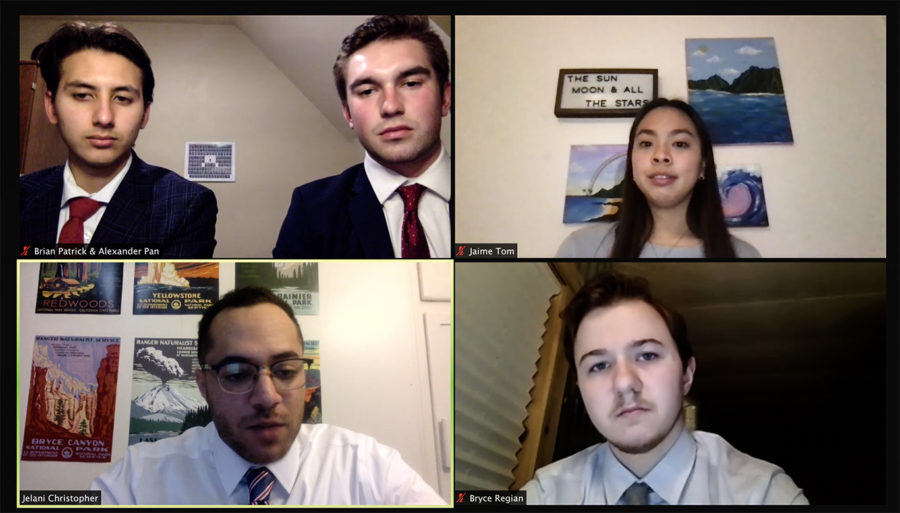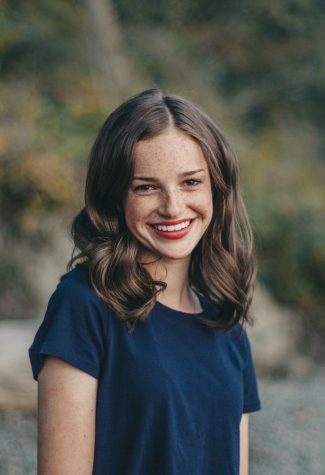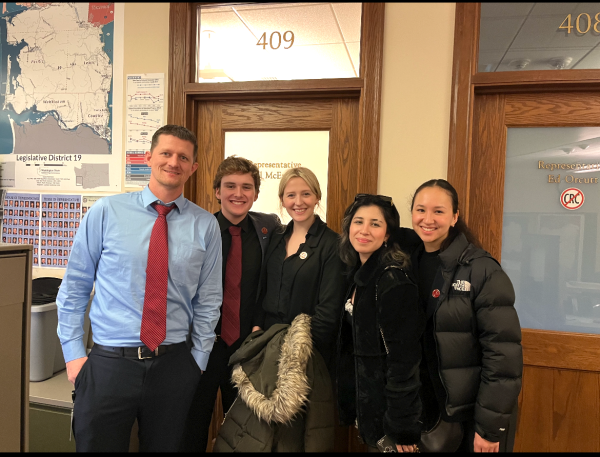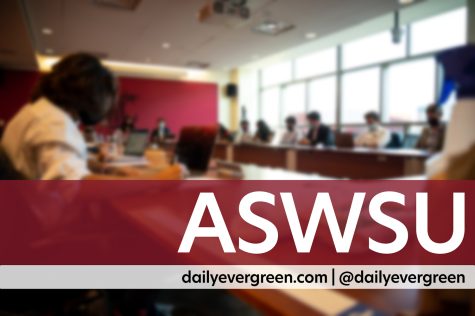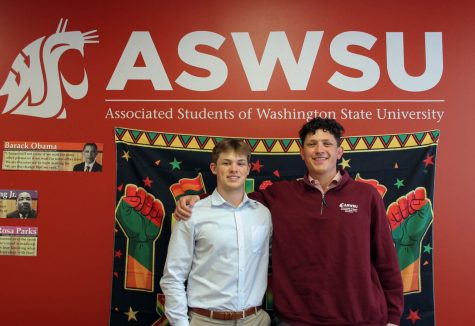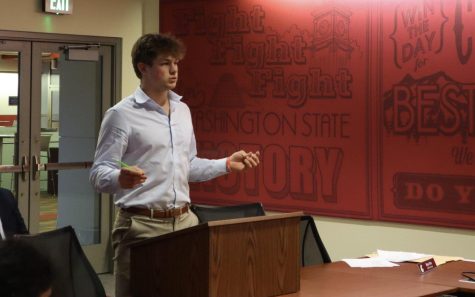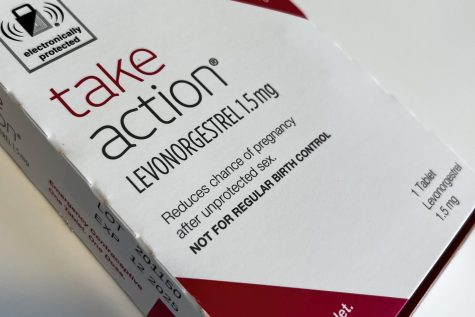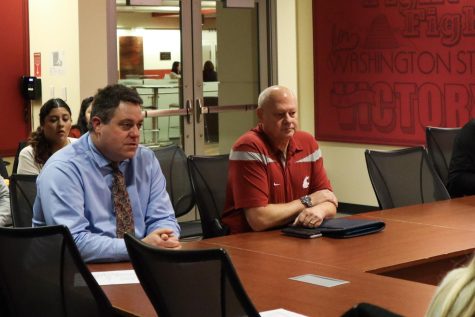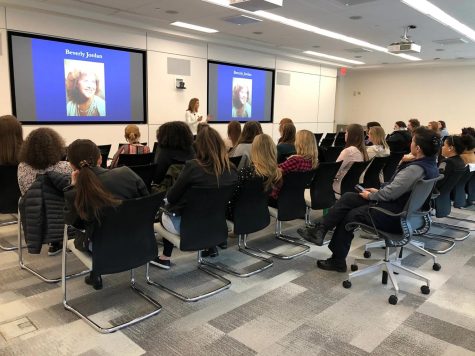ASWSU candidates: multicultural debate
Campaigns discuss COVID-19 equity, Black Lives Matter, paying undocumented students, discrimination
“At the end of the day, we’re the Associated Students of Washington State University, and we are that lifeline between the students and administration. We need to get back to being that person who represents all students,” said Jelani Christopher, vice president candidate.
March 19, 2021
ASWSU presidential candidates faced off during Thursday’s debate focusing on multicultural groups and how to best lead underrepresented students on campus.
Brian Patrick and Alexander Pan debated against Bryce Regian and Jelani Christopher. The teams answered questions about COVID-19 equity, Black Lives Matter, discrimination and paying undocumented students.
Both campaigns explained their vision for underrepresented communities during the pandemic. Regian said having resources available to students like mental health counseling and financial aid is critical. If the university has the necessary resources, retention rates for students will increase.
“For every $1,000 of financial aid, persistence for students of color increases by at least 2 percent,” he said. “That’s a pretty big number, considering that their persistence rate is significantly lower than their peers who are white.”
Underrepresented groups having a seat at the table ensures they are given a chance to engage in significant conversations, Pan said.
Pan said they want to start hosting biweekly meetings with underrepresented groups, if elected. The meetings would give both Pan and Patrick the chance to gain an understanding of various student needs and requests.
“We want to hear what we can do for them,” Patrick said. “We want to be a resource for them so that way, you know, if there’s an issue that maybe we are not aware of, we can take that to the right … place [it] needs to go.”
Regian said it is important students are given a platform to create change and advocate for themselves. As an institution, he said WSU needs to support Black Lives Matter in every policy enacted.
“I don’t want to speak on behalf of communities that I’m not a part of,” Regian said. “I want to do my best to advocate to give them the platform, give them the space, give them the power and give them the voice to where they have the ability to do that and where they have the support to do that.”
Patrick said sitting down with those involved with Black Lives Matter is a priority. He wants those involved to feel safe and at-home in Pullman.
Everyone needs to do their part and participate in the conversation around race, Christopher said. Holding people accountable for their actions is paramount.
“It’s not just something for us to think that ‘oh let Black students deal with it,’” he said. “This is something that we all need to deal with because it’s a community-wide issue that starts with each of us.”
Both campaigns also discussed undocumented students unable to receive payment for work. Patrick said it is embarrassing this is still an issue in 2021 and if students are working they should get paid, no matter their status.
“It is absolutely insane that student leaders cannot be paid and they cannot run for [ASWSU] positions and be paid for these positions because of their documented status,” Regian said. “That is ridiculous and frankly unacceptable.”
Christopher said he cannot imagine someone working and not getting paid. WSU serves all students, regardless of citizenship or documentation. The university needs to find a sustainable solution so all students may receive payment, he said.
“It basically gives off the vibe that you’re saying, this person is a second-class citizen, they’re not worth paying,” he said.
Candidates also addressed the recently increased discrimination toward Asian Americans and how they are planning to support Asian American students during this time.
“As an Asian American myself, this [question] really hits close to home,” Pan said. “If we see any action that comes on campus that revolves around this topic, we’re gonna come out and we’re not going to condone it.”
Regian said simply condemning discrimination is not enough. The university needs adequate support and systems in place like implicit bias training. Unrooting institutionalized racism will not happen overnight.
“That’s not an excuse not to do it,” he said. “Just because it takes time doesn’t mean it doesn’t need to be done.”
Creating a specialized program specifically geared toward the success of underrepresented students is a priority, Regian said. Too often, students fall through the cracks of support services not designed holistically with the best interest of individuals in mind.
“At the end of the day, we’re the Associated Students of Washington State University, and we are that lifeline between the students and administration,” Christopher said. “We need to get back to being that person who represents all students.”
The next debate is scheduled for 6 p.m. March 25 via Zoom.

